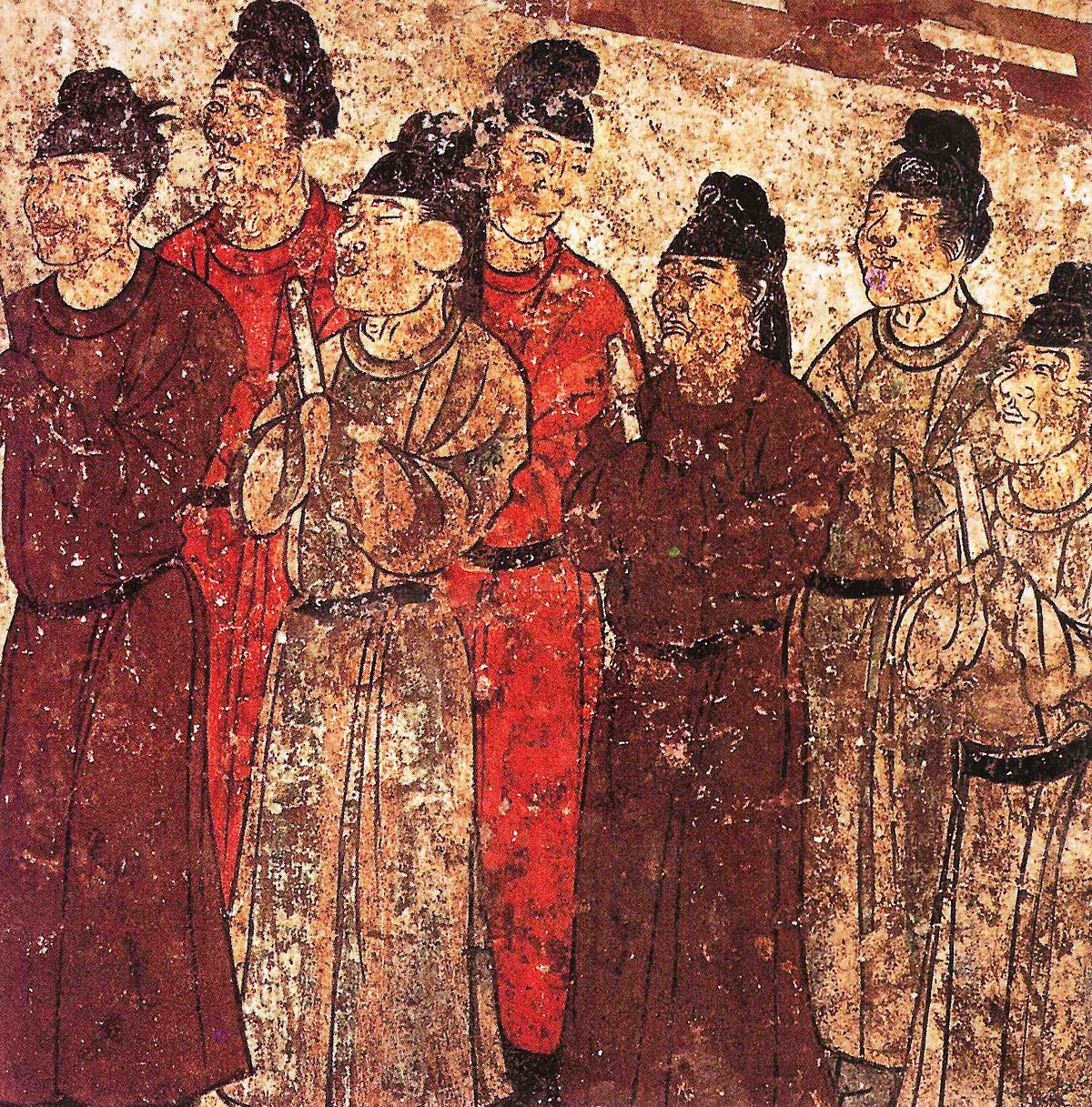
Ten Eunuchs
Xian, ChinaThe Ten Eunuchs, a group of influential court officials in the late Eastern Han Dynasty of China, played a pivotal role in the empire's history leading up to the turbulent Three Kingdoms period. Their story is one of power, intrigue, and corruption, significantly impacting the dynasty's decline.
The Han Dynasty, renowned for its relative stability and prosperity, began to show signs of decay by the late 2nd century CE. At the heart of the imperial court in Luoyang, the Ten Eunuchs, known as the "Shi Changshi," rose to considerable power. Originally, eunuchs were castrated men, often slaves, serving in the imperial palace. Their inability to produce heirs allowed them to be trusted by emperors who feared the ambitions of their courtiers and relatives.
However, over time, these eunuchs amassed significant influence and wealth, often overshadowing the traditional Han bureaucracy. The Ten Eunuchs referred to a group that included influential figures like Zhang Rang, Zhao Zhong, and Cao Jie. They gained the emperor's favor, particularly under Emperor Ling (r. 168–189 CE), and were known to be involved in various court intrigues and corruption.
The power of the Ten Eunuchs became so pervasive that they could influence imperial appointments, military decisions, and even the succession of emperors. Their interference in state affairs and control over Emperor Ling led to widespread resentment among the Han nobility and officials. This resentment was not limited to the nobility; the common people also suffered under their rule, as the eunuchs' corruption often led to heavy taxation and misuse of state resources.
Their involvement in the succession crisis following Emperor Ling's death in 189 CE was a critical moment. The eunuchs supported the ascension of Emperor Ling's younger son, Emperor Shao, manipulating him for their gain. This led to a power struggle with the regent, General-in-Chief He Jin, who sought to eliminate their influence. The conflict reached its peak when the eunuchs assassinated He Jin, prompting a brutal retaliation that led to the massacre of the eunuchs and their families.
The fall of the Ten Eunuchs marked the beginning of the end for the Han Dynasty. Their demise left a power vacuum and triggered a chain of events leading to the rise of regional warlords and the fragmentation of the empire. This period of chaos set the stage for the Three Kingdoms period, a time of legendary warfare, political intrigue, and the eventual division of China into three rival states.
